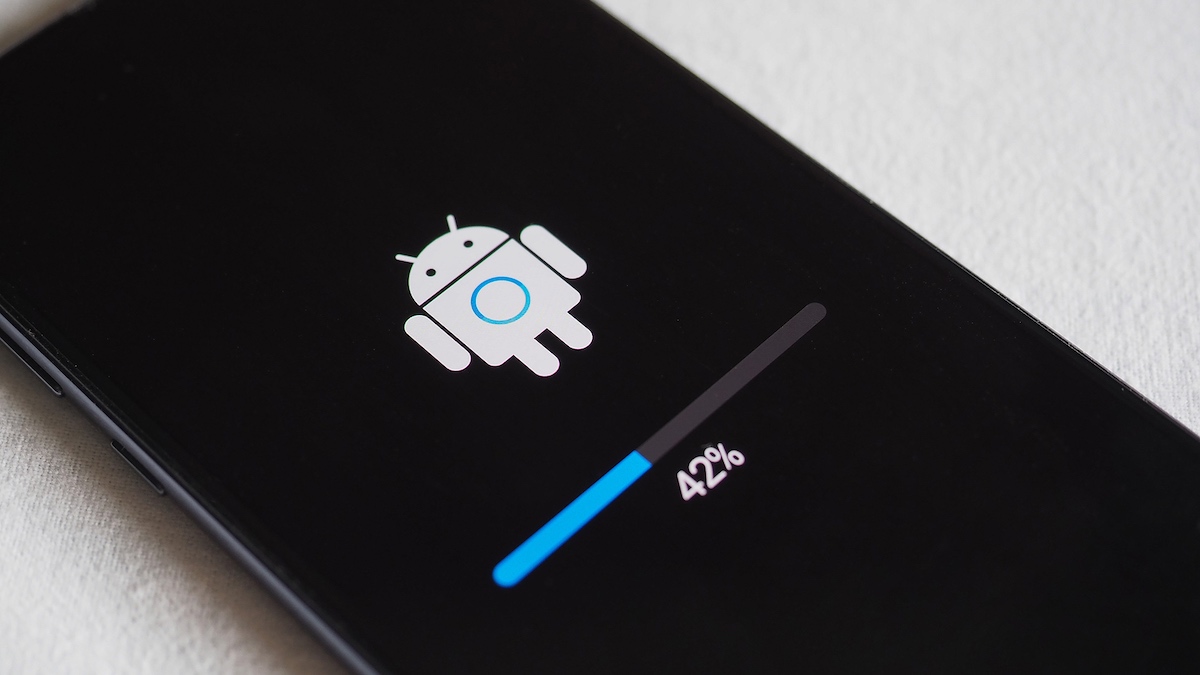In a digital age where cybersecurity threats lurk behind seemingly innocuous updates, Android users face a new formidable foe in the form of the Brokewell banking trojan. This malware, which masquerades as a routine Google Chrome update, carries severe repercussions for unsuspecting users, from data theft to complete device hijack.

A Cloaked Entry
The inception of this threat begins with a deceptive lure: a fraudulent Google Chrome update page. Once a user clicks on this page, the Brokewell trojan deploys, initiating a series of malicious activities that compromise device security. According to a report by ThreatFabric, this trojan isn’t just another run-of-the-mill malware. It’s engineered with a robust arsenal aimed at data extraction and user surveillance.
Powerful Brokewell Android Trojan Allows Device Takeover https://t.co/feHJsm6qEx
— Nicolas Krassas (@Dinosn) April 26, 2024
Sophisticated Data Theft Techniques
Brokewell’s capabilities are extensive and alarming. The trojan specializes in exfiltrating user credentials by spoofing login screens of targeted apps and extracting website cookies through WebView. Moreover, it doesn’t stop at just stealing digital information. Brokewell is also equipped to gather text inputs, capture user interactions, access call logs, and pull comprehensive details about the device’s hardware and software setup.
“Attackers could leverage the Android banking trojan to facilitate real-time screen streaming, execute gestures, and even adjust device settings like screen brightness and volume remotely,” experts from ThreatFabric explained.

Beyond Theft: Full-Scale Device Control
Perhaps the most disturbing potential of Brokewell lies in its ability to hijack Android devices entirely. The trojan supports functionalities that allow attackers to stream the device’s screen in real-time, perform remote clicks and scrolls, and execute gestures. This level of control could not only lead to significant personal data loss but also enable attackers to carry out fraudulent activities from the victim’s device.
The Architect Behind the Threat
The development of Brokewell is credited to an individual known as Baron Samedit, a figure already notorious in the cybercrime world for the sale of various hacking tools over the past two years. This banking trojan is not just a standalone project but part of a broader strategy potentially aimed at establishing a malware-as-a-service operation. This possibility indicates that Brokewell could evolve further, gaining new capabilities that could make it even more dangerous.

Protecting Against Brokewell: Android Users’ Vigilance Matters
For Android users, the emergence of Brokewell is a stark reminder of the importance of vigilance in digital spaces. Users are advised to avoid downloading updates or apps from unverified sources and to rely on official app stores and updates directly from software developers. Employing comprehensive antivirus solutions and regularly updating device settings to limit permissions can also mitigate the risk posed by such sophisticated malware.
As the digital landscape continues to evolve, so too do the threats that target our devices. Staying informed and cautious is more crucial than ever in safeguarding personal information against the ever-growing wave of cyber threats.










